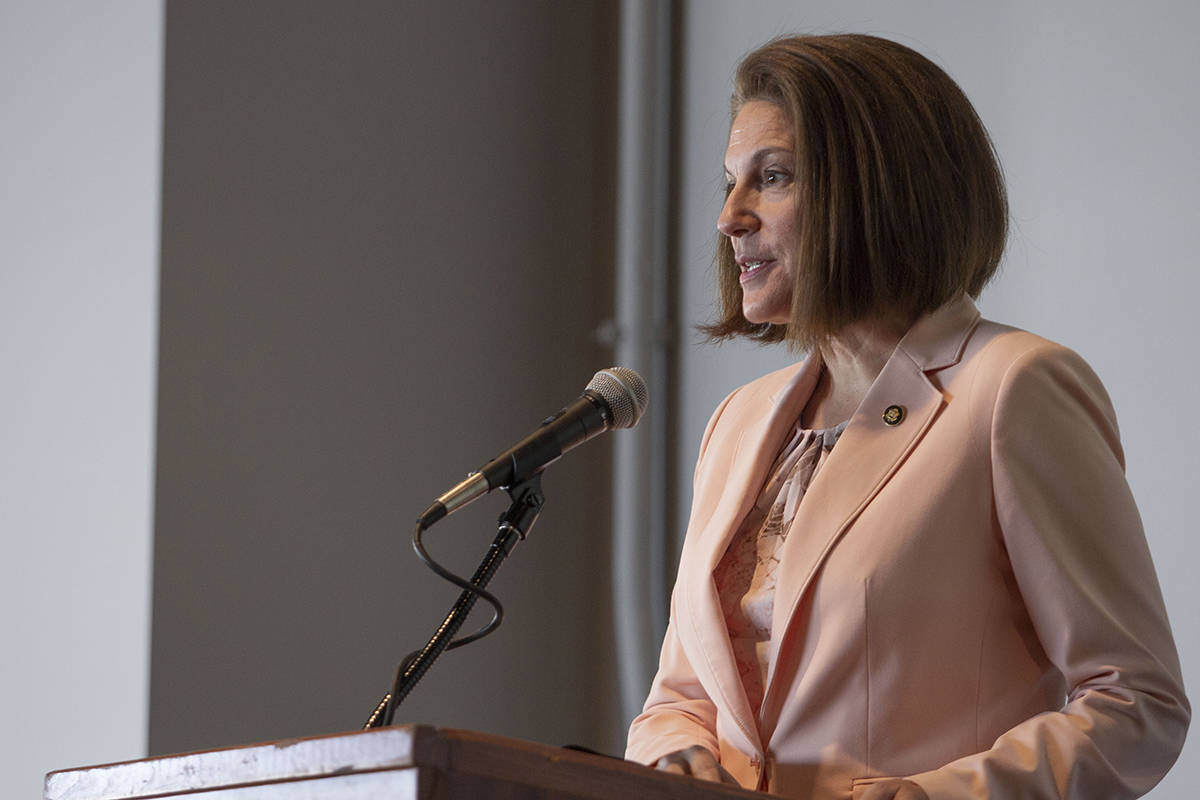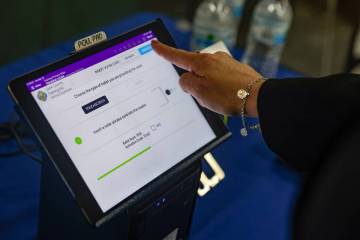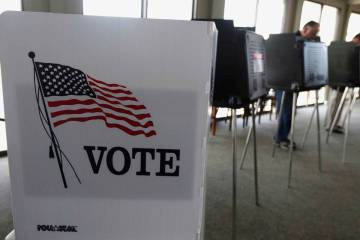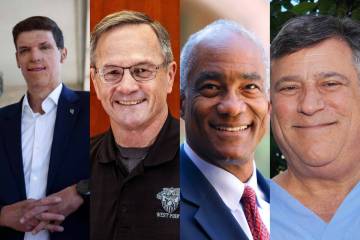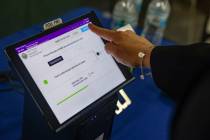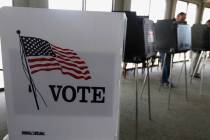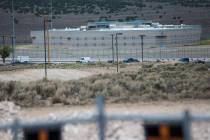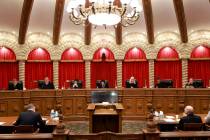Cortez Masto urges more coronavirus aid for states, local government
WASHINGTON — As the coronavirus ravages state budgets, Sen. Catherine Cortez Masto of Nevada said she will push this week for the Senate to take up a House bill to provide local governments with federal assistance to maintain first responders and essential workers.
“Our states have been devastated,” Cortez Masto told the Review-Journal in an interview.
Like Nevada, there are over 45 other states whose annual fiscal budgets begin in July.
Lack of a federal response to the coronavirus has left treatment and response up to states and local municipalities.
And tax revenues and fees that provide those services were slashed when governors were forced to shut down businesses and schools to slow the spread of COVID-19.
Cortez Masto said she is in contact regularly with Gov. Steve Sisolak, a Democrat, who is urging the federal delegation to push for another coronavirus aid bill that would provide help to states and local governments.
With many states facing a June 30 deadline to set their budgets, governors will face severe cuts if federal aid is not forthcoming, according to the bipartisan National Governors Association. The states employ about 15 million workers.
Nevada is grappling with a $812 million budget shortfall for the fiscal year ending this week. Lawmakers are using a patchwork of funds, including those received through the Coronavirus Aid, Relief, and Economic Security Act approved earlier this year.
Congress included $150 billion in the CARES Act to distribute to states and larger cities.
And lawmakers in Carson City must turn their attention to a projected $1.27 billion shortfall in the next fiscal year.
The National Governors Association is seeking additional money in the next relief bill.
In Washington, the Nevada congressional delegation has backed efforts to provide states with more funding and medical equipment to help manage unexpected public health needs and costs as the pandemic has swept across the country.
The U.S. Conference of Mayors is seeking funding for cities with populations under 500,000 that were denied aid in the CARES Act.
Joining that push are the mayors of Reno and Henderson.
Since the CARES Act, the House has passed another relief bill that includes $500 billion for states and $150 billion for smaller cities and an extension of the $600 per week unemployment supplement for furloughed and laid-off workers. The unemployment funds in the first bill are due to expire July 31.
The continued spikes in coronavirus cases in cities and states show the pandemic is “still going on,” Cortez Masto said.
“There is no vaccine that’s coming anytime soon,” she said. “We have to address this.”
In the Senate, Majority Leader Mitch McConnell, R-Ky., has put the brakes on additional legislation until the results of previous relief bills are analyzed.
McConnell has scheduled continued debate and discussion on the defense bill this week in the Senate. However, other items would come up as lawmakers work up until the July Fourth holiday weekend.
Cortez Masto said the Senate remains woefully behind.
She said negotiations with the House should have started to help states and cities provide services such as health care “during a health care pandemic” and assistance to ensure that the Postal Service remains operable, among other services.
Of the upcoming short work week and holiday, Cortez Masto said: “We shouldn’t even leave until we have voted on this.”
Contact Gary Martin at gmartin@reviewjournal.com or 202-662-7390. Follow @garymartindc on Twitter.



